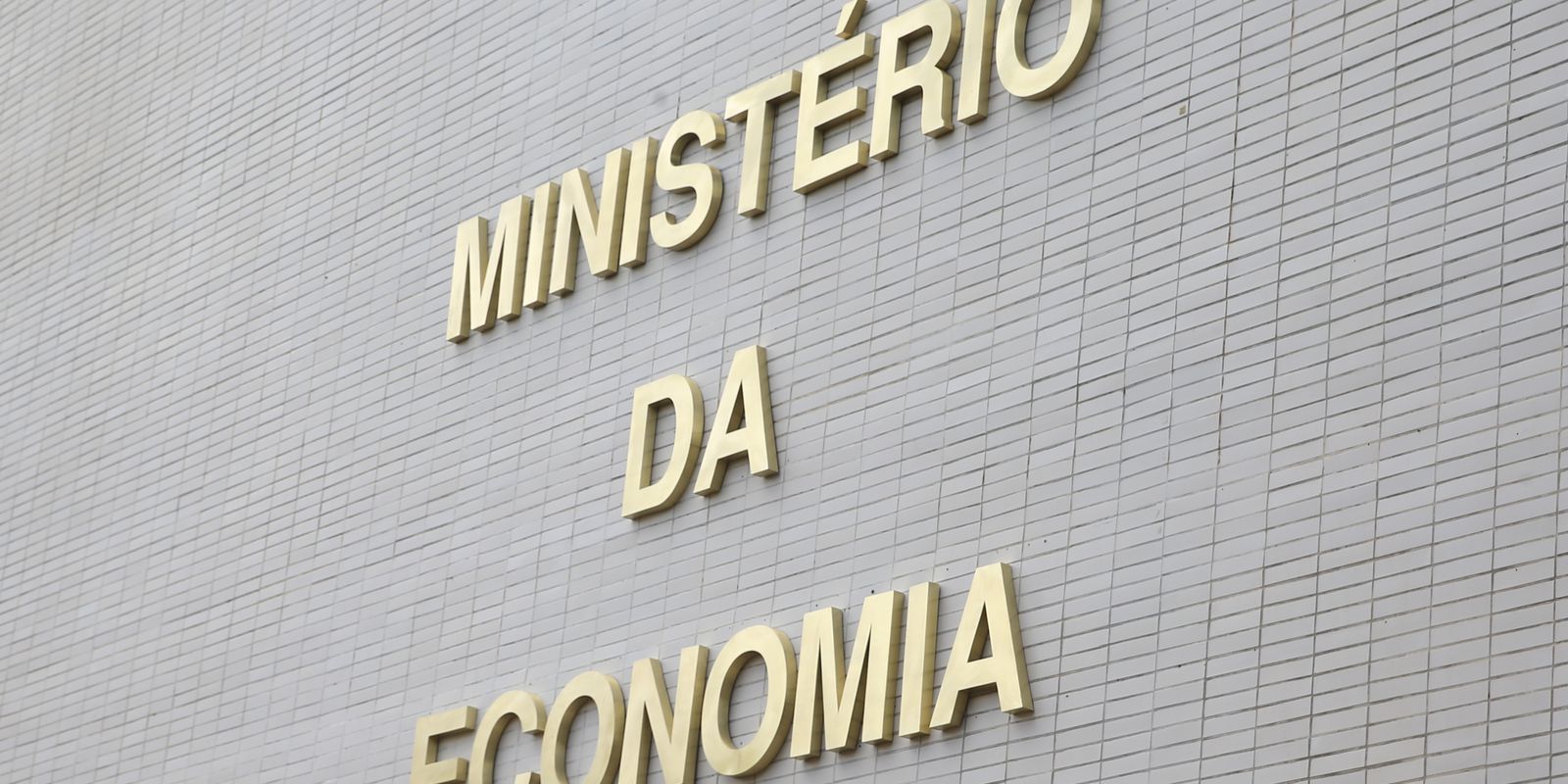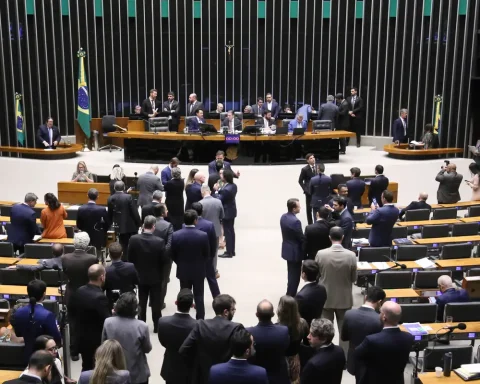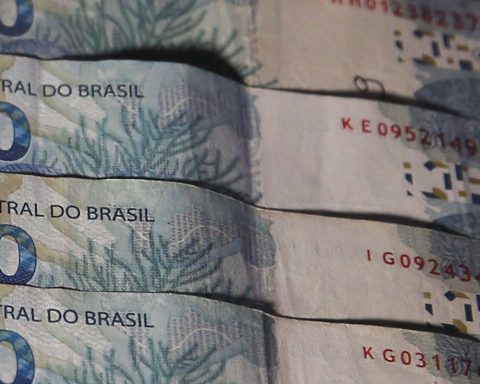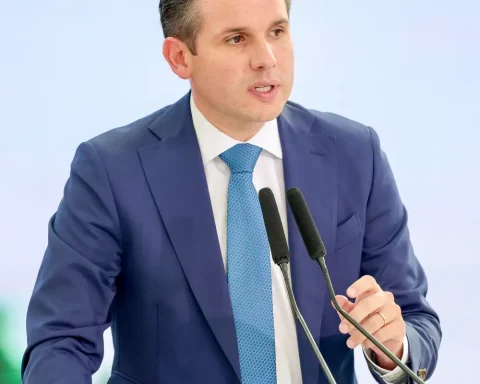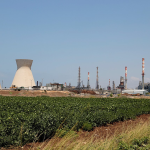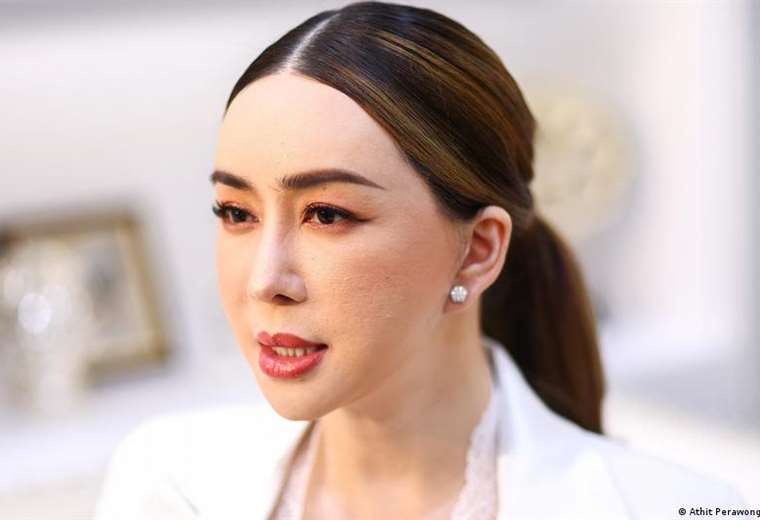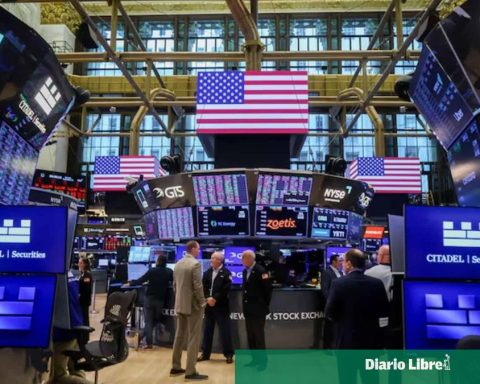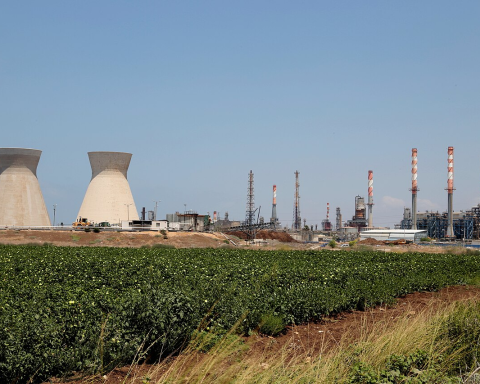The payment of dividends by Petrobras and the record collection made the public accounts register, in September, the second largest positive result in the historical series for the month. Last month, the Central Government – National Treasury, Social Security and Central Bank – registered a primary surplus of R$ 10.954 billion, the National Treasury announced today (27).
In nominal values, this is the second largest surplus for the month since the beginning of the historical series, only losing to September 2010. When discounting inflation by the Broad National Consumer Price Index (IPCA), the result was the sixth best in historical series in 1995.
The result came better than expected by financial institutions. According to the Prisma Fiscal survey, released every month by the Ministry of Economy, market analysts had expected a negative result of R$ 847.6 million in September.
With the September result, the Central Government closed the first 9 months of the year with a positive result of R$ 33.775 billion. When correcting the values for inflation, this is the best result for the period from January to September 2013.
The primary result represents the difference between revenues and expenditures, disregarding interest payments on the public debt. Despite the possibility of a deficit in the coming months, the economic team estimates that the Central Government will close the year with a primary surplus of R$ 13.548 billion, the first annual positive result since 2013.
According to the National Treasury, the surplus could reach R$ 37.45 billion in 2022 were it not for the agreement on control of Campo de Marte Airport, in the capital of São Paulo. Through the agreement, the Federal Government paid R$ 23.9 billion to the City of São Paulo in exchange for the extinction of the lawsuit that questioned the control of Campo de Marte Airport, in the capital of São Paulo.
The surplus forecast occurs even with the constitutional amendment that will increase social spending by R$ 41.25 billion in the second half and with the exemptions of R$ 71.56 billion that came into force in 2022. The estimate was released in the last edition of the Bi-monthly Income and Expenditure Assessment Report.
Revenues
Revenues continue to grow at a faster pace than expenses. In the last month, net revenues grew 14% in relation to September last year in nominal values. Discounting inflation by the Broad National Consumer Price Index (IPCA), growth reached 6.4%. In the same period, total expenses rose 6% in nominal values, but fell 1.1% after discounting inflation.
In relation to the payment of taxes, there was a growth of R$ 2.9 billion above inflation in the Income Tax, mainly motivated by the increase in corporate profits. In large part, this rise reflects higher energy and oil corporate earnings earlier in the year, which helps to partially offset the industry and fuel tax exemptions.
The rise in oil prices on the international market also contributed to Petrobras’ record payment of dividends, which totaled R$12.6 billion in September. Dividends are the portion of profit that the company pays to shareholders. In the case of state-owned companies, the National Treasury receives most of the dividends, as it is the main controller.
With the increase in oil prices in the international market, royalty revenues grew by R$ 1.653 billion (31.5%) above inflation last month compared to September 2021. Currently, the international barrel price is around US$ 90 because of the war between Russia and Ukraine.
Expenses
On the expenditure side, there was a decrease of BRL 7.9 billion with extraordinary credits and BRL 2.3 billion in health spending, mainly expenses associated with combating the covid-19 pandemic. However, this decline was offset by the increase in other expenses.
Spending on social programs rose after the constitutional amendment that increased the value of Auxílio Brasil and created Auxílios Taxista and Caminhoneiro. With Auxílio Brasil alone, the impact of the readjustment of the minimum benefit amount to R$ 600 corresponded to R$ 5 billion in September.
In the year, the increase in discretionary (non-mandatory) expenses with flow control reached R$ 48.487 billion (43%) above the IPCA. This category covers social programs such as Auxílio Brasil.
On the other hand, spending on federal employees fell by 7.3% year-to-date, discounting inflation. The drop reflects the wage freeze for civil servants that ran between July 2020 and December 2021 and the lack of readjustments in 2022.
Regarding investments (public works and purchase of equipment), the federal government invested R$ 29.453 billion in the first 9 months of the year. The value represents a drop of 15.4% discounted the IPCA compared to the same period in 2021.
